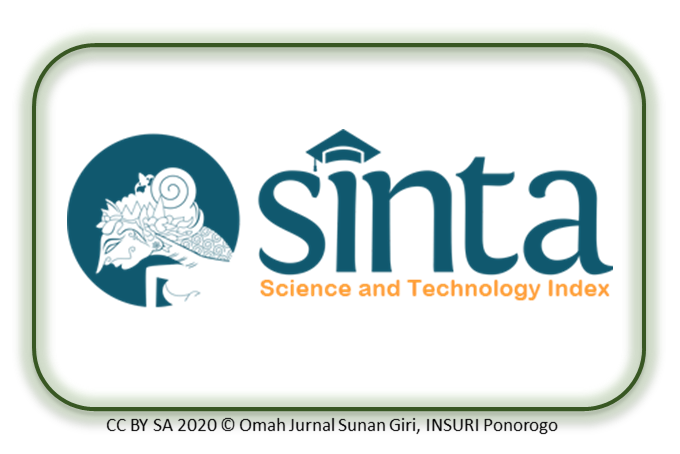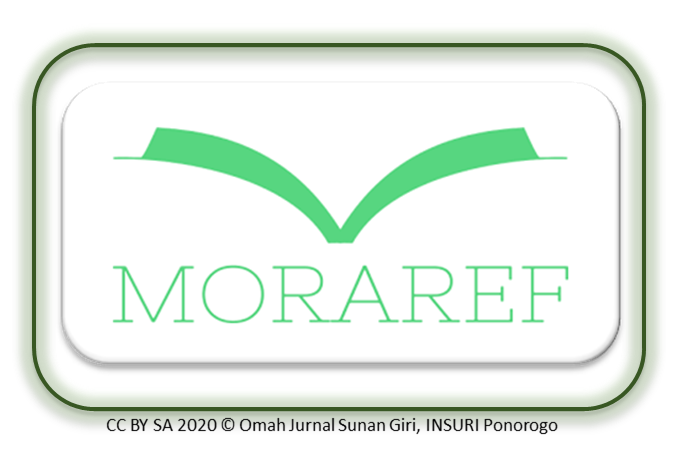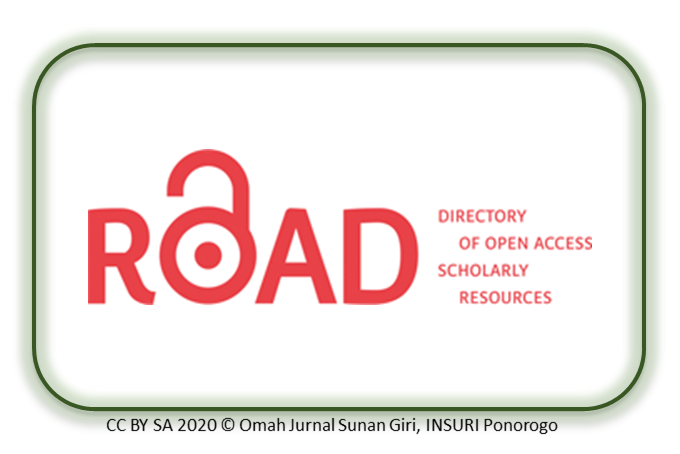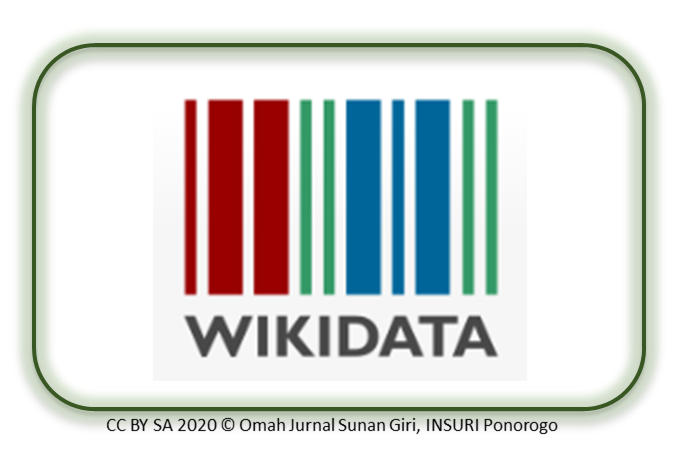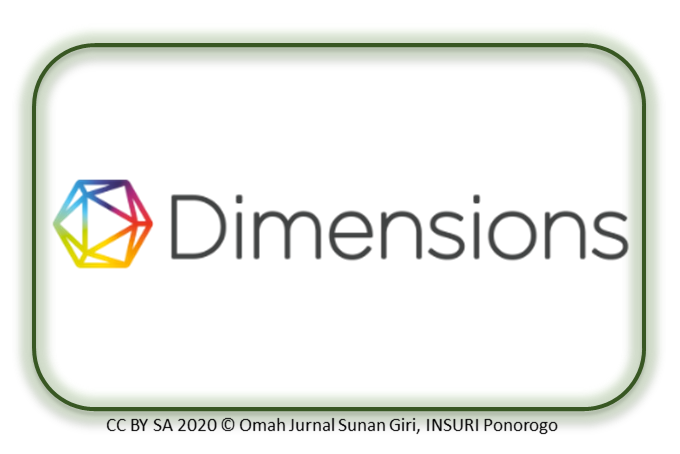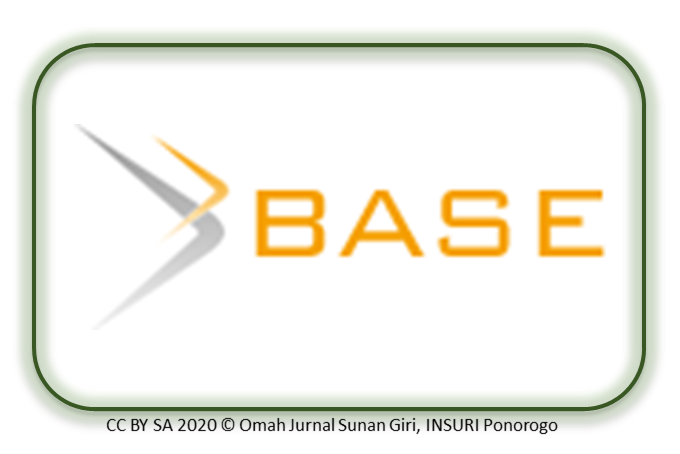Keabsahan Perjanjian Pranikah Dalam Hukum Islam Dan Hukum Positif
Abstract
The objective of this research is twofold: firstly, to analyze the validity of prenuptial agreements from the perspective of Islamic law and national law; and secondly, to provide a critical understanding of the potential for synchronization between the two.The theoretical study will include an analysis of the concept of akad in fiqh, contract theory in positive law, as well as the views of scholars and the jurisprudence of the Religious Court. The contributions of this research are expected to be significant to the existing body of Islamic family law literature, particularly in terms of providing recommendations for Muslim couples contemplating a prenuptial agreement and for policymakers tasked with harmonizing the applicable legal rules.The research methodology employed is qualitative, with a library research approach. This approach is designed to facilitate an in-depth examination of the concept of the validity of prenuptial agreements within the contexts of Islamic law and positive law. The research employs a descriptive-analytical approach to elucidate the legal framework governing prenuptial agreements in both Islamic law and national law. This includes a meticulous examination of the legal requirements of contracts in fiqh and civil law provisions, a comparative analysis of fiqh and positive law with a focus on the principles underlying the validity of prenuptial agreements in both legal systems, and the identification of potential synchronization and legal conflicts between Islamic law and national law. The research further provides a critical analysis of proposed solutions to address these conflicts. A comparative analysis of the validity of prenuptial agreements in Islamic and national law reveals significant commonalities, particularly with respect to the objective of safeguarding the rights of spouses. However, discrepancies in the formalities and principles of sharia give rise to challenges that necessitate resolution through regulatory harmonization and a more profound comprehension of maqashid shariaReferences
As Shiddiqie, R. (2017). Analisis Putusan Judicial Review Mahkamah Konstitusi No. 69/PUU-XIII/2015 Terhadap Pasal 29 ayat (1), ayat (2) dan ayat (3) UU No. 1 Tahun 1974 Tentang Perjanjian Perkawinan Ditinjau dari Maslahah Mursalah. Universitas Islam Negeri Maulana Malik Ibrahim.
Awaludin, A., & Waluyo, B. (2023). Perlindungan Hukum Atas Harta Perkawinan Melalui Akta Perjanjian Kawin. Cakrawala Hukum: Majalah Ilmiah Fakultas Hukum Universitas Wijayakusuma, 25 (1), 22–32.
Dahlan, A. (2008). Perjanjian Pranikah: Solusi Bagi Wanita. Yinyang: Jurnal Studi Islam Gender dan Anak, 3 (1), 140–151.
Dawud, A. (1984). Sunan Abu Dawud (Vol. 1). Sh. Muhammad Ashraf.
Dziddan, A. D. N., Mutimatun, N., & SH, M. (2017). Perjanjian Pranikah Dan Akibat Hukumnya Ditinjau Dari Perspektif Hukum Nasional. Universitas Muhammadiyah Surakarta.
Hanifah, M. (2019). Perkawinan Beda Agama Ditinjau dari Undang-undang Nomor 1 Tahun 1974 Tentang Perkawinan. Soumatera Law Review, 2 (2), 297–308.
Marhamah, A. S., Iman, N. M., Setyo, A. D., Septiani, A. N., Muslim, M. R. N., & Halliansyah, H. (2024). Masalah Perubahan Sosial dan Komunikasi Massa. Spices: Social Political Sciences Journal, 2(1), 1–17.
Marpaung, W. (2023). Diskurus Kompilasi Hukum Islam (Khi) dalam Sistem Hukum Indonesia. Al-Usrah: Jurnal Al Ahwal As Syakhsiyah, 11 (1).
Rahayu, E. (2023). Pertimbangan Hakim dalam Penyelesaian Sengketa Harta Bersama Pasca Cerai Menurut Perspektif Hukum Islam dan Hukum Positif (Studi Kasus Di Pengadilan Agama Sukadana Kabupaten Lampung Timur). IAIN Metro.
RI, D. A. (2010). Al-Qur’an dan Tafsirnya. Jakarta: Lentera Abadi, 220.
Shofi, U., & Septiani, R. (2022). Eksistensi dan Penerapan Hukum Islam dalam Hukum Positif Indonesia. Jurnal Sosial Teknologi, 2 (8), 660–669.
Suprapti, H., Dedi, S., & Saputra, H. (2024). Urgensitas Perjanjian Perkawinan dalam Membentuk Keluarga Sakinah. Institut Agama Islam Negeri Curup.
Syafi’i, A., & Anggraini, W. I. N. (2023). Penetapan Perkara Nomor 453/Pdt. P/2022/Pa. Kng Tentang Isbat Nikah Perkawinan di Bawah Tangan: Suatu Tinjauan Maqashid Syariah. Al Mashalih-Journal of Islamic Law, 4 (2), 111–121.
Syami, Y. F. (2023). Perjanjian Pra Nikah Menurut Hukum Keluarga Islam (Studi di Dusun Tanjung Waras Desa Merak Batin Kecamatan Natar Kabupaten Lampung Selatan). UIN Raden Intan Lampung.
Widhy, W. A. P., & Endang, H. E. W. (2024). Urgensi Perjanjian Pra Nikah dalam Perspektif Hukum Islam. Maqashid, 7 (1), 75–91.
Copyright (c) 2024 M. Naufal Rosadi, Rahma Yudi, Arisman, Jumni Nelli

This work is licensed under a Creative Commons Attribution-NonCommercial-ShareAlike 4.0 International License.
Contents on this site are licensed under Creative Commons Attribution-NonCommercial-ShareAlike 4.0 International (CC BY-NC-SA 4.0)

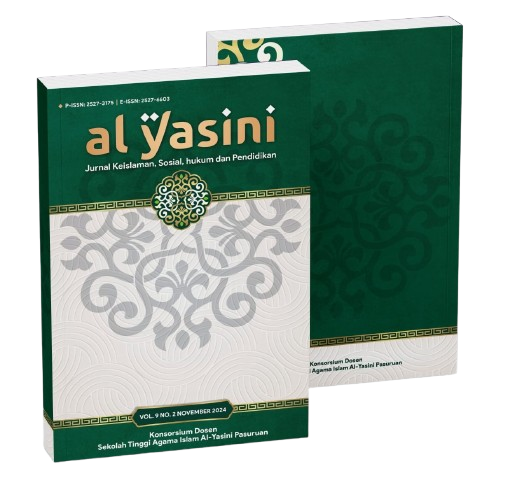

1.png)

